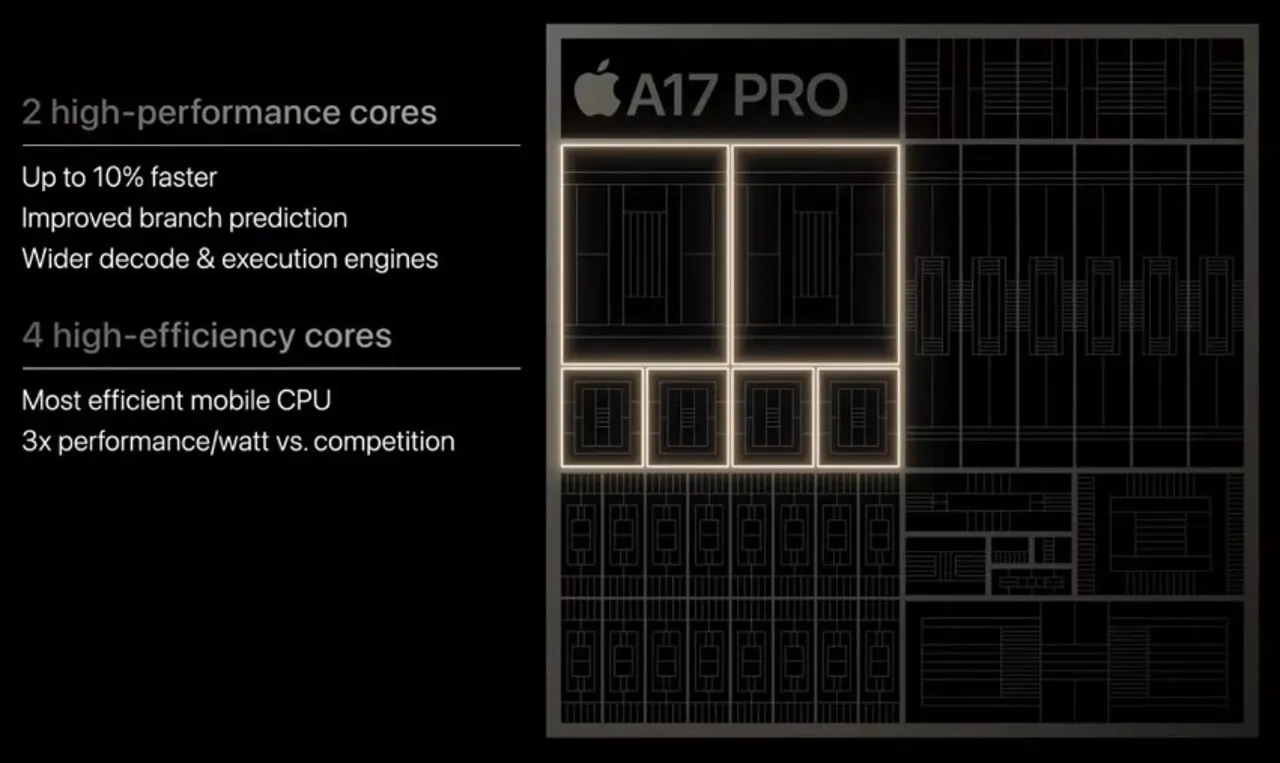Apple's Next Big Leap: Rumors About 2nm Chips and 5G Modems
- Get ready for a chip upgrade that could change everything.
- TSMC’s 2nm tech is about to be in the hands of Apple—find out why that matters.
- Rumors swirl around the iPhone 17, but the real magic might be waiting for the iPhone 18.
In a significant development for both Apple and the semiconductor industry, reports have surfaced indicating that Apple will be TSMC’s first customer for its upcoming 2nm wafer technology. This strategic move aligns with Apple’s plans to integrate advanced chipsets into its devices, setting the stage for enhanced performance and efficiency.
TSMC's Fabrication Plants: A Closer Look
Taiwan Semiconductor Manufacturing Company (TSMC) is currently gearing up its two fabrication plants, dubbed P1 and P2, which are expected to play a pivotal role in this transition. Once fully operational, these facilities are projected to achieve a combined monthly production capacity of 40,000 wafers.![]() Photo via Northeastern Global News // TSMC has state-of-the-art facilities in Taiwan, where cutting-edge semiconductor technology is born.
Photo via Northeastern Global News // TSMC has state-of-the-art facilities in Taiwan, where cutting-edge semiconductor technology is born.
Production Timeline
- P1 Plant: Located in Kaohsiung, equipment installation is scheduled for December 2024, with trial production anticipated to begin in the second quarter of 2025.
- P2 Plant: Expected to complete its equipment setup in the latter half of 2025.
Despite speculation that Apple’s iPhone 17 lineup might debut with the new 2nm A-series chips, analysts, including Ming-Chi Kuo, have cast doubt on this timeline. Kuo suggests that while the iPhone 17 will utilize TSMC’s enhanced 3nm 'N3P' process, the 2nm chips are likely to be reserved for the iPhone 18, with only premium models benefiting from the cutting-edge technology due to the high costs associated with production. Other than this news, we haven't yet heard many rumors about iPhone 18—making this potentially one of the first iPhone 18 rumors. Photo via TechSpot // The first 2nm chip in the iPhone might not come until the A20 chip, which is two years away (2026).
Photo via TechSpot // The first 2nm chip in the iPhone might not come until the A20 chip, which is two years away (2026).
The Future of Apple's Silicon
Apple has consistently led the charge in adopting new semiconductor technologies, having previously been the first to utilize TSMC’s 3nm process in its A17 Pro and M3 series chips. This historical relationship indicates a robust partnership poised to benefit from the advances of the 2nm nodes. Photo via Apple Inc. // The A17 Pro chip, the first to use TSMC’s 3nm process.
Photo via Apple Inc. // The A17 Pro chip, the first to use TSMC’s 3nm process.
Apple’s 5G Ambitions
In addition to its chip developments, Apple is reportedly working on its own 5G modem technology, which is set to debut in the iPhone SE in early 2025. DigiTimes reports that this modem will expand across Apple’s product line by fall 2025. However, it will lack mmWave support initially, with plans to enhance capabilities by 2027.
Analysts have pointed out that the move towards an in-house modem is strategic, aiming to reduce dependency on suppliers like Qualcomm, which has engaged in ongoing negotiations to acquire parts of Intel’s modem business.
"The modem is one of the higher cost components on iPhones," speculates an industry insider. "Apple may be looking to integrate these elements into a single processor for better efficiency and interoperability."
Looking Ahead
Apple's advancements in silicon design not only enhance device performance but also position the company for future innovations. The transition to 2nm chips is expected to bolster Apple’s competitive edge, ensuring that its devices remain at the forefront of technology.
With the prospect of 6G devices on the horizon, the integration of powerful, energy-efficient chips is likely to redefine user experiences across Apple's product ecosystem.
| Key Developments | Timeline |
|---|---|
| P1 Plant Production | Q2 2025 |
| P2 Plant Production | Late 2025 |
| First 5G Modem Launch | Early 2025 (iPhone SE) |
Recommended by the editors:
Thank you for visiting Apple Scoop! As a dedicated independent news organization, we strive to deliver the latest updates and in-depth journalism on everything Apple. Have insights or thoughts to share? Drop a comment below—our team actively engages with and responds to our community. Return to the home page.Published to Apple Scoop on 25th September, 2024.
No password required
A confirmation request will be delivered to the email address you provide. Once confirmed, your comment will be published. It's as simple as two clicks.
Your email address will not be published publicly. Additionally, we will not send you marketing emails unless you opt-in.